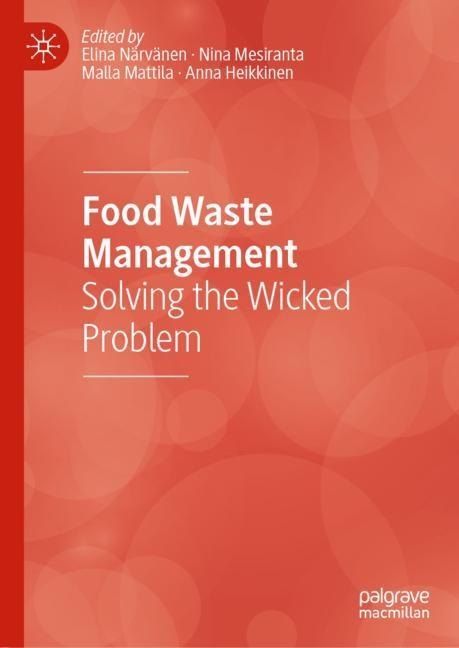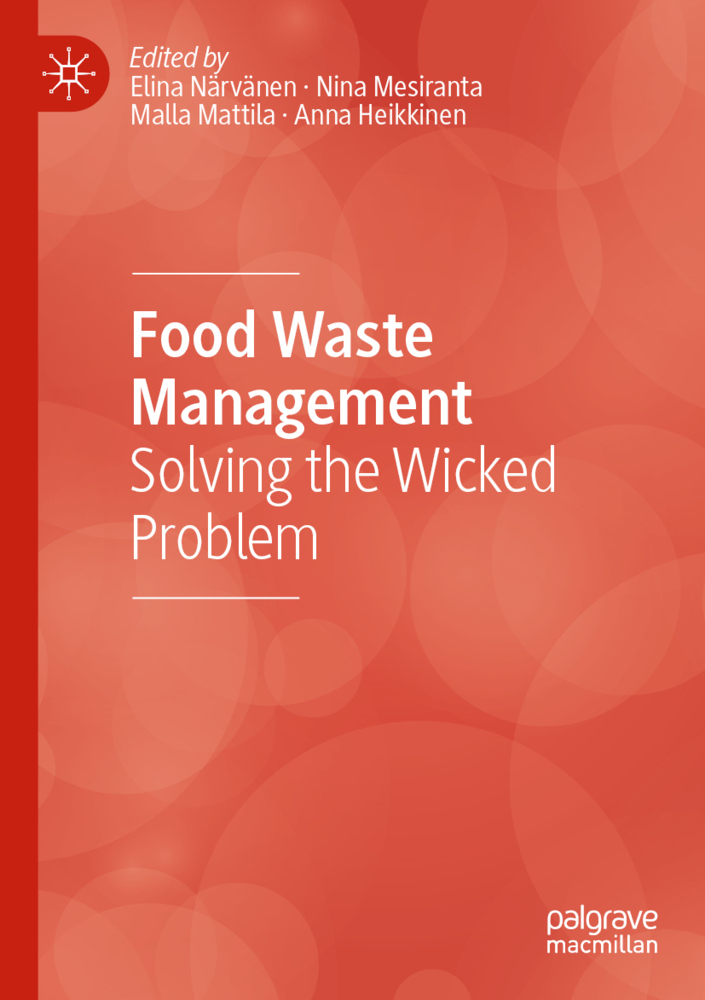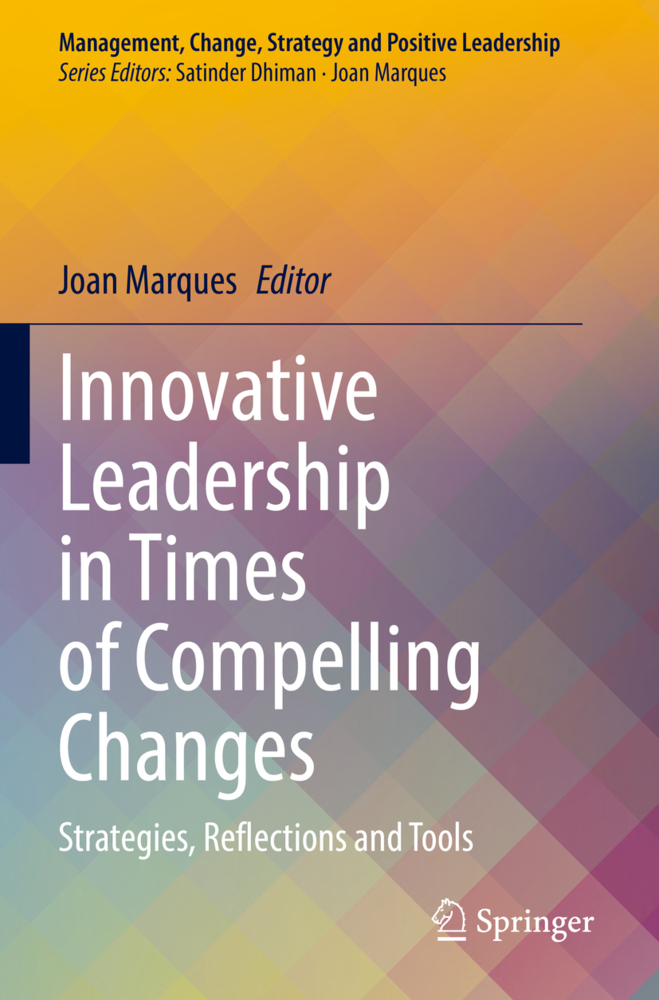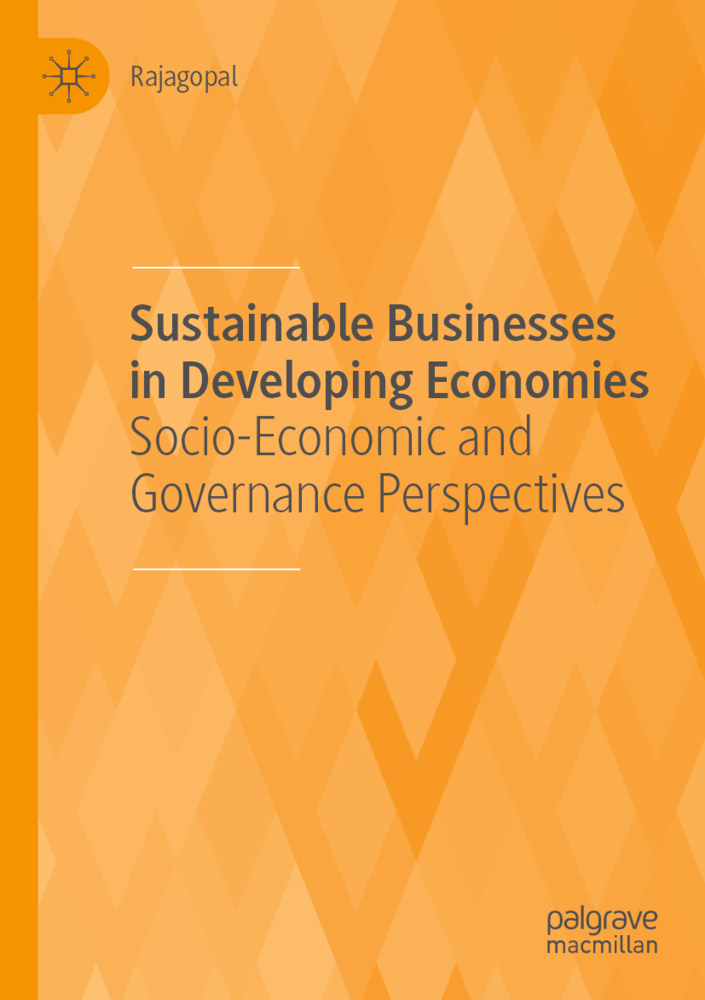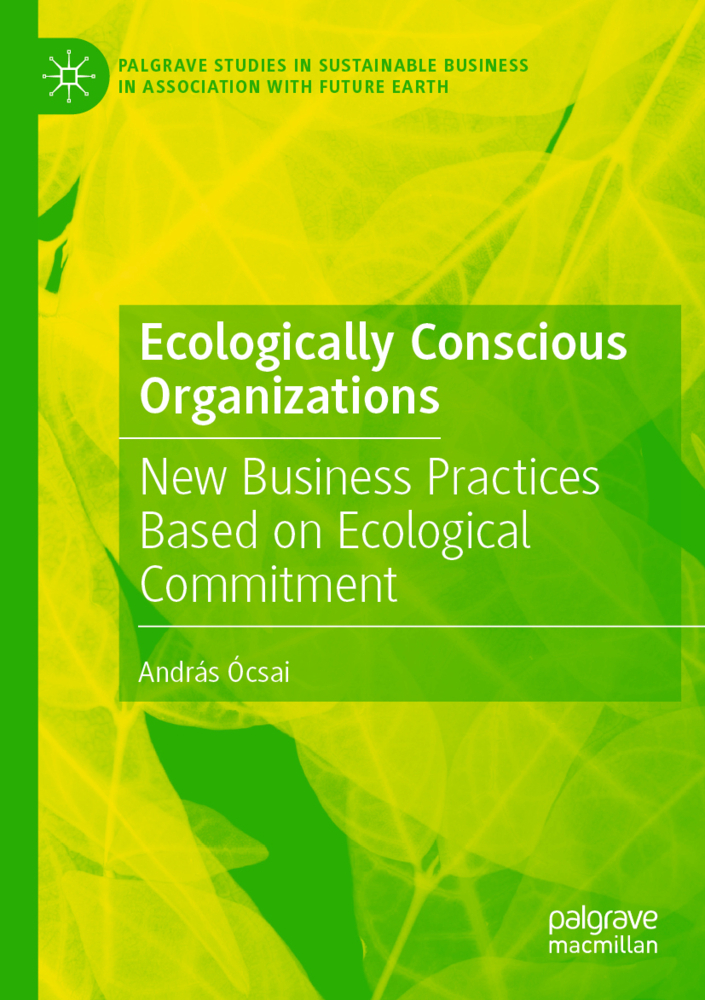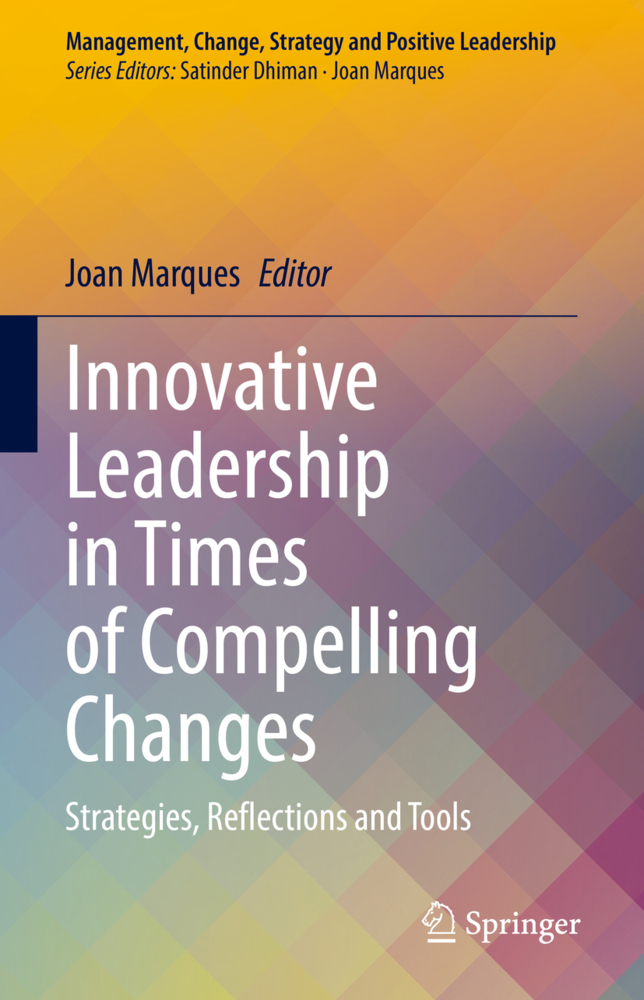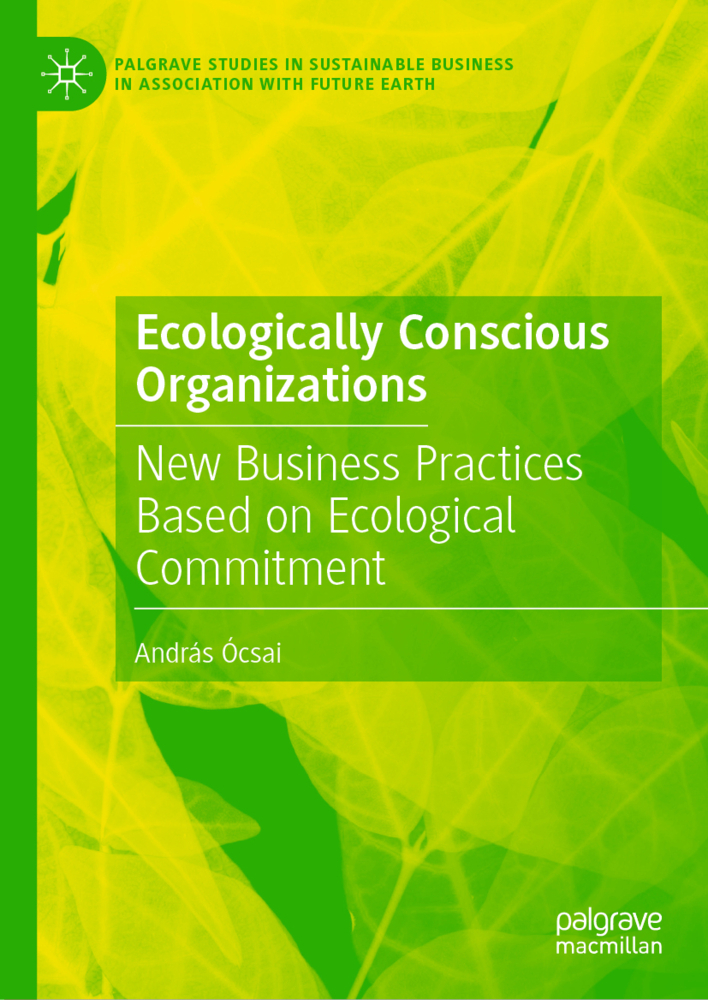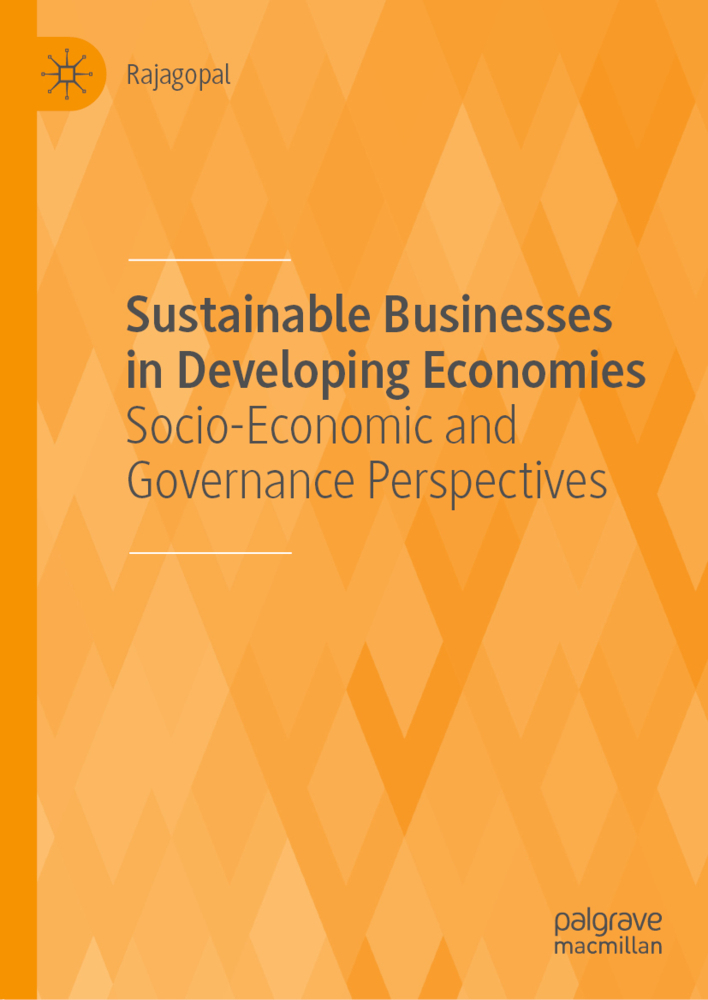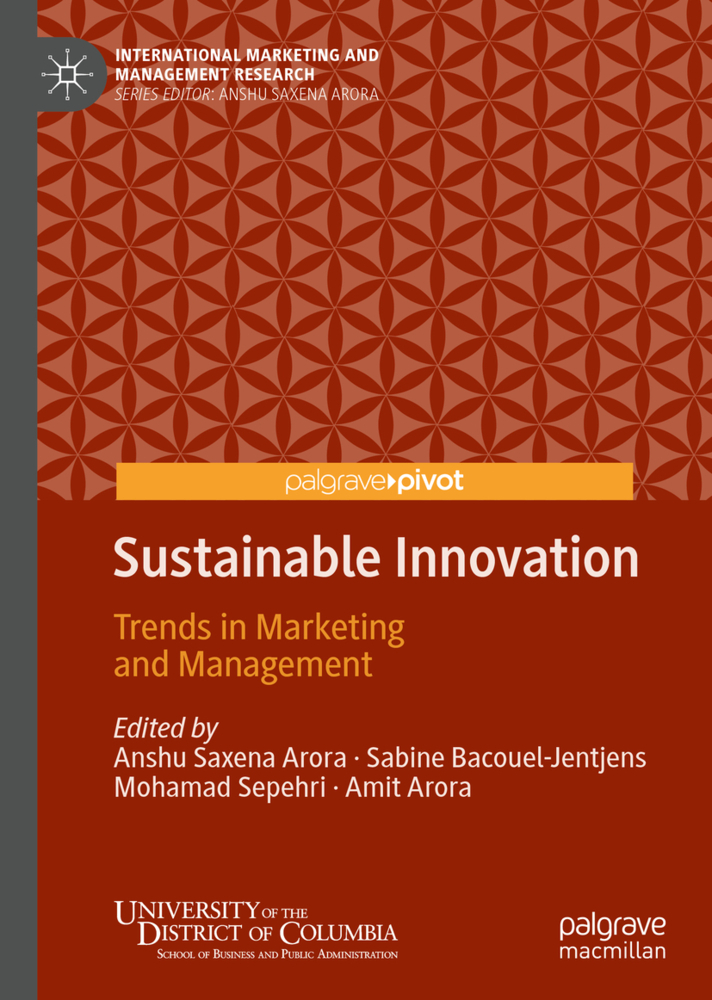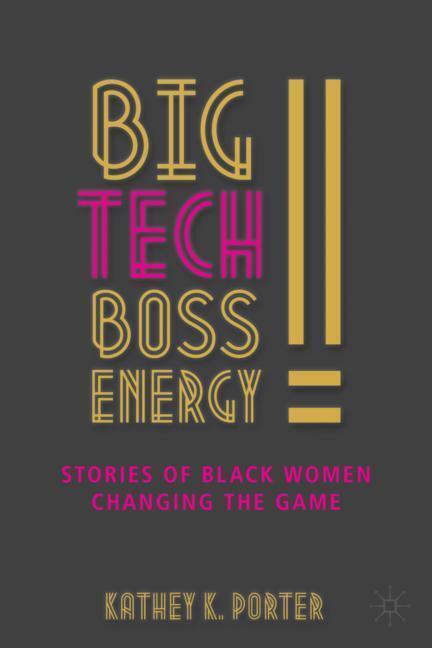Food Waste Management
This book focuses on the crucial sustainability challenge of reducing food waste at the level of consumer-society. Providing an in-depth, research-based overview of the multifaceted problem, it considers environmental, economic, social and ethical factors. Perspectives included in the book address households, consumers, and organizations, and their role in reducing food waste. Rather than focusing upon the reasons for food waste itself, the chapters develop research-based solutions for the problem, providing a much-needed solution-orientated approach that takes multiple perspectives into account.
Chapters 1, 2, 12 and 16 of this book are available open access under a CC BY 4.0 license at link.springer.comElina Närvänen is University Lecturer of Marketing at the Faculty of Management and Business (MAB), Tampere University, Finland. She is the leader of the Wastebusters research project. Her research has been published in the Journal of Cleaner Production, Journal of Service Management, European Journal of Marketing, and Consumption Markets & Culture.
Nina Mesiranta is Postdoctoral Researcher at MAB, Tampere University, Finland. She has published in the Journal of Cleaner Production, Time & Society, Journal of Fashion Marketing and Management, Journal of Retailing and Consumer Services, and Advances in Consumer Research.
Malla Mattila is University Instructor (Master's Degree Programme in Leadership for Change) at MAB, Tampere University, Finland. She has published her research in such scholarly periodicals as Time & Society, Journal of Cleaner Production, IMP Journal, and International Journal of Entrepreneurship and Innovation Management.
Anna Heikkinen is Senior Research Fellow at MAB, Tampere University, Finland. Her work has been published in edited volumes and international journals, such as the Journal of Business Ethics, Business Communication Quarterly, and International Journal of Knowledge Management Studies.
1;Foreword;5 2;Preface;8 3;Contents;11 4;Notes on Contributors;14 5;List of Figures;22 6;List of Tables;25 7;1 Introduction: A Framework for Managing Food Waste;26 7.1;The Wicked Problem of Food Waste;26 7.2;Managing Food Waste Reduction-Introducing the Book's Chapters;32 7.2.1;Part I-Changing the Behaviour of Actors at the Distribution and Consumption Levels;32 7.2.2;Part II-Connecting Actors and Activities Within Systems;34 7.2.3;Part III-Constituting Sociocultural Meanings;37 7.2.4;Part IV-Innovating Practical Solutions;40 7.3;Conclusions;42 7.4;References;43 8;Part I Changing the Behaviour of Actors at Distribution and Consumption Levels;50 9;2 Household Food Waste-How to Avoid It? An Integrative Review;51 9.1;Introduction;51 9.2;Why Do People Waste Food in Their Households?;52 9.2.1;Behaviours Leading to Food Waste;53 9.2.2;Drivers of Behaviours Leading to Food Waste;55 9.3;Goal Setting: Motivation to Change;56 9.4;Goal Striving: Abilities and Opportunities;58 9.5;Interventions to Facilitate Behavioural Change;61 9.5.1;Interventions to Encourage Setting the Goal to Reduce Waste Levels;61 9.5.2;Interventions to Encourage Goal Striving;66 9.6;Conclusion;69 9.7;References;70 10;3 Nudging in Food Waste Management: Where Sustainability Meets Cost-Effectiveness;80 10.1;Introduction;80 10.2;Cost-Effective Service Excellence;83 10.2.1;Dual-Culture Strategy;83 10.2.2;Organisational Ambidexterity;84 10.3;Towards Behavioural Change;85 10.3.1;Nudging as a Vehicle for Behavioural Change;88 10.3.2;Social Norms Nudge;89 10.3.3;Pre-commitment Nudge;91 10.4;Research Methodology: Two Field Studies;92 10.5;Study A: Social Norms Nudge;93 10.5.1;Procedure;93 10.5.2;Analysis and Results;95 10.6;Study B: Pre-commitment Nudge;98 10.6.1;Procedure;98 10.6.2;Analysis and Results;100 10.7;General Discussion;104 10.8;Conclusion;106 10.9;References;106 11;4 Managerial Practices of Reducing Food Waste in Supermarkets;111 11.1;Introduction;111 11.2;Theoretical Background;113 11.3;Setting and Methods;116 11.3.1;Design;116 11.3.2;Setting and Respondents;116 11.3.3;Data and Analysis;117 11.4;Findings;118 11.4.1;Monitoring;119 11.4.1.1;Procedures;119 11.4.1.2;Understandings;120 11.4.1.3;Engagements;121 11.4.2;Knowledge Sharing;122 11.4.2.1;Procedures;122 11.4.2.2;Understandings;123 11.4.2.3;Engagements;124 11.4.3;External Collaboration;125 11.4.3.1;Procedures;125 11.4.3.2;Understandings;126 11.4.3.3;Engagements;127 11.5;Discussion;128 11.5.1;Implications for Theory;128 11.5.2;Limitations and Future Research;129 11.6;Implications for Practice;130 11.6.1;Share Food Waste Best Practices in Local Collectives;130 11.6.2;Boost In-Company Knowledge Sharing;130 11.6.3;Formalise and Incentivise Collaboration with External Partners;131 11.6.4;Urge Supermarkets to Take Responsibility;131 11.7;Conclusion;131 11.8;References;132 12;Part II Connecting Actors and Activities Within Systems;135 13;5 The Evolution of the German Anti-food Waste Movement: Turning Sustainable Ideas into Business;136 13.1;Introduction;136 13.2;Literature Review: Interventions Against Food Waste at the Retail Level;138 13.3;Methodology and Data Analysis;140 13.4;Findings;143 13.4.1;Raising Awareness: How Dumpster Divers Raised Awareness for the Issue of Food Waste;143 13.4.2;Recalibrating Practices: How Food Sharing Allows for Recovery and Redistribution of Food Waste;145 13.4.3;Monetising Anti-food Waste Practices: Selling "Ugly" Fruit and Vegetables;147 13.5;Theoretical Implications;151 13.5.1;Co-optation Is a Step-by-Step Process;151 13.5.2;Embracing Co-optation for the Sake of Sustainability;153 13.5.3;Collaboration Across Different Market Actors for the Sake of Sustainability;154 13.6;Practical Implications;155 13.7;Conclusion;157 13.8;References;157 14;6 Distributed Agency in Food Waste-A Focus on Non-human Actors in Retail Setting;161 14.1;Introduction;161 14.2;Non-human Agency in the Food Waste Network;164 14.3;Methodology;166 14.3.1;Research Site for Ethnographically Informed ANT Researc
Närvänen, Elina
Mesiranta, Nina
Mattila, Malla
Heikkinen, Anna
| ISBN | 9783030205614 |
|---|---|
| Artikelnummer | 9783030205614 |
| Medientyp | E-Book - PDF |
| Copyrightjahr | 2019 |
| Verlag | Palgrave Macmillan |
| Umfang | 467 Seiten |
| Sprache | Englisch |
| Kopierschutz | Digitales Wasserzeichen |

